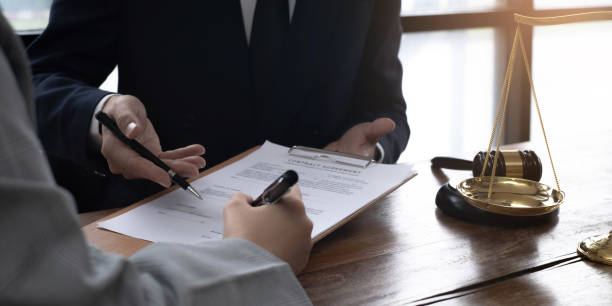When it comes to notarization, witnesses play a crucial role in ensuring the authenticity and validity of legal documents. Whether you’re finalizing a real estate transaction, drafting a will, or executing a power of attorney, having witnesses present during the notarization process adds an extra layer of credibility. In this article, we will explore the responsibilities and best practices of witnesses in notarization services in Tualatin, shedding light on their significance and the importance of their role.

The Role of Witnesses in Notarization
Witnesses act as impartial observers during the notarization process, verifying the identities of the parties involved and providing an additional layer of assurance that the transaction is voluntary and authentic. Their presence ensures that the document is not being signed under duress or coercion. Additionally, witnesses are responsible for attesting to the fact that the parties signing the document are of sound mind and capable of understanding the nature and consequences of their actions.
Responsibilities of Witnesses
- Observing the signing: Witnesses are required to be physically present and observe the signing of the document by the parties involved. They must ensure that all signatures are affixed in their presence and that the document is complete and accurate.
- Verifying identity: Witnesses have the responsibility to verify the identity of the signatories. This involves checking identification documents, such as passports or driver’s licences, to confirm that the individuals signing the document are who they claim to be.
- Ensuring voluntary participation: Witnesses must ensure that all parties are signing the document willingly and without any form of coercion. They should be attentive to any signs of duress or discomfort and report any concerns to the notary.
Best Practises for Witnesses in Notarization
- Neutrality and impartiality: Witnesses should remain neutral and impartial throughout the process. They should not have any personal or financial interest in the transaction and should avoid any conflicts of interest. This helps maintain the integrity and credibility of the notarization process.
- Knowledge of legal requirements: Witnesses should have a basic understanding of the legal requirements for notarization. Familiarizing themselves with the specific laws and regulations in their jurisdiction can help ensure that the process is conducted accurately and in compliance with the law.
- Document retention: It is advisable for witnesses to keep a copy of the notarized document or record relevant details, such as the date, location, and parties involved. This can serve as a reference in case there are any future disputes or if the document needs to be referenced later.
While the focus of this article is on the role of witnesses in notarization, it’s important to highlight the significance of having a living will. A living will, also known as an advance healthcare directive, allows you to outline your wishes regarding medical treatment in case you become incapacitated and cannot communicate your desires. It gives you control over critical healthcare decisions and provides guidance to your loved ones and healthcare providers during challenging times.
Conclusion
Notarization is a critical process that ensures the authenticity and legality of important documents. Witnesses play an essential role in notarization by observing the signing, verifying identities, and attesting to the voluntary nature of the transaction. By adhering to their responsibilities and following best practices, witnesses contribute to the overall integrity and credibility of the notarization process. So, the next time you type “notary and witness services near me”, be sure to appreciate the important role of witnesses in safeguarding your legal transactions. Furthermore, remember the importance of having a living will to secure your healthcare decisions and provide peace of mind to your loved ones in times of need.







